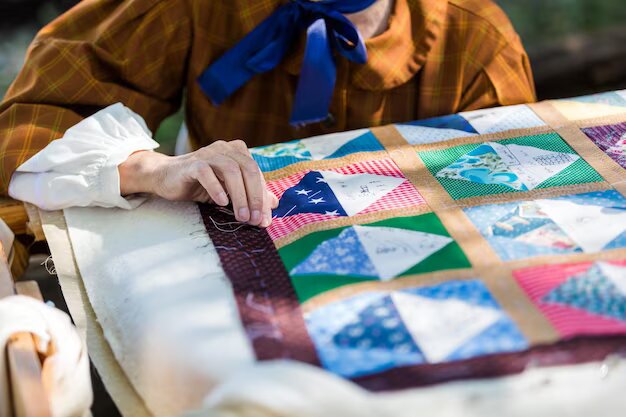Showcasing Our Sustainable Textile Supply Chain Transparency: From Farm to Fashioned document

The Importance of Transparency in the Fashion Industry
In this blog, we are proud to showcase our commitment to sustainable textile supply chain transparency: From Farm to Fashion. At [ Brand/Company Name], we believe that transparency is the cornerstone of responsible fashion and plays a crucial role in mitigating the environmental and social impacts of the industry. This article will take you on a journey through our sustainable supply chain, highlighting our efforts to promote ethical practices, eco-friendly materials, and traceability in every stage of the process.
The fashion industry has long been associated with environmental degradation and labor exploitation. By embracing transparency, we aim to break this pattern and promote sustainability throughout our operations. Transparency allows us to hold ourselves accountable and empowers consumers to make conscious choices. Here’s why transparency is so vital:
Environmental Impacts: The fashion industry is one of the largest contributors to pollution, water waste, and greenhouse gas emissions. Transparent supply chains help identify areas for improvement and implement eco-friendly solutions.
Social Impacts: Many conventional fashion supply chains involve unethical labor practices and unsafe working conditions. Transparency ensures that workers’ rights are respected, and fair wages are provided.
Consumer Trust: In an era where consumers demand ethical products, transparency builds trust and loyalty among customers.
Sustainable Sourcing: From Farm to Fiber

A significant aspect of sustainability lies in sourcing raw materials responsibly. We recognize the impact that sourcing decisions can have on the environment and local communities. Here’s how we approach sustainable sourcing:
Overview of Raw Materials: Our textile production begins with raw materials like organic cotton, ethically sourced wool, and eco-friendly hemp. These materials are chosen for their minimal environmental impact.
Challenges in Sourcing: Sourcing sustainable materials can be challenging due to limited availability and higher costs. However, we view these challenges as opportunities to drive positive change in the industry.
Efforts in Sourcing:We have established partnerships with farmers and sustainable agriculture initiatives. These collaborations ensure that our raw materials are produced using responsible practices.
Responsible Manufacturing: Ethical Production Processes

The manufacturing stage of textile production can have significant environmental and social consequences. By focusing on ethical production processes, we strive to reduce our ecological footprint and support fair working conditions:
Description of Manufacturing Processes: We outline the various stages of our manufacturing processes, emphasizing our commitment to eco-conscious methods.
Environmental and Social Impacts: Conventional manufacturing can lead to pollution, chemical use, and waste generation. We discuss how we prioritize sustainable alternatives to minimize our impact.
Certifications and Standards: To reinforce our dedication to ethical manufacturing, we proudly adhere to globally recognized certifications like GOTS (Global Organic Textile Standard) and Fair Trade.
Collaborative Initiatives: Working with Sustainable Partners

We understand that sustainable transformation requires collective efforts. By collaborating with like-minded brands and organizations, we aim to drive positive change across the industry:
Collaborations for Impact: We actively seek partnerships with other sustainable brands and NGOs to address shared challenges and amplify our collective impact.
Joint Efforts for Sustainability: Together with our partners, we work on projects that promote sustainable practices, support local communities, and raise awareness about responsible fashion.
Success Stories:We share inspiring success stories from our collaborations, demonstrating the power of partnerships in creating a more sustainable fashion ecosystem.
Transparency is not just an internal endeavor; it’s also about empowering consumers to make informed decisions. We provide the tools and resources to help our customers understand our supply chain and the impact of their choices:
Consumer Empowerment: We believe that informed consumers can be advocates for positive change. We educate them about the importance of sustainability and the value of transparent supply chains.
Understanding Our Supply Chain:Through interactive platforms and detailed information, we help consumers trace the journey of their favorite products, fostering a deeper connection with the brand.
our commitment to showcasing sustainable textile supply chain transparency is at the core of our brand’s values. From sourcing eco-friendly materials to ensuring ethical production processes and engaging consumers in our journey, we believe in the power of transparency to drive positive change in the fashion industry.
